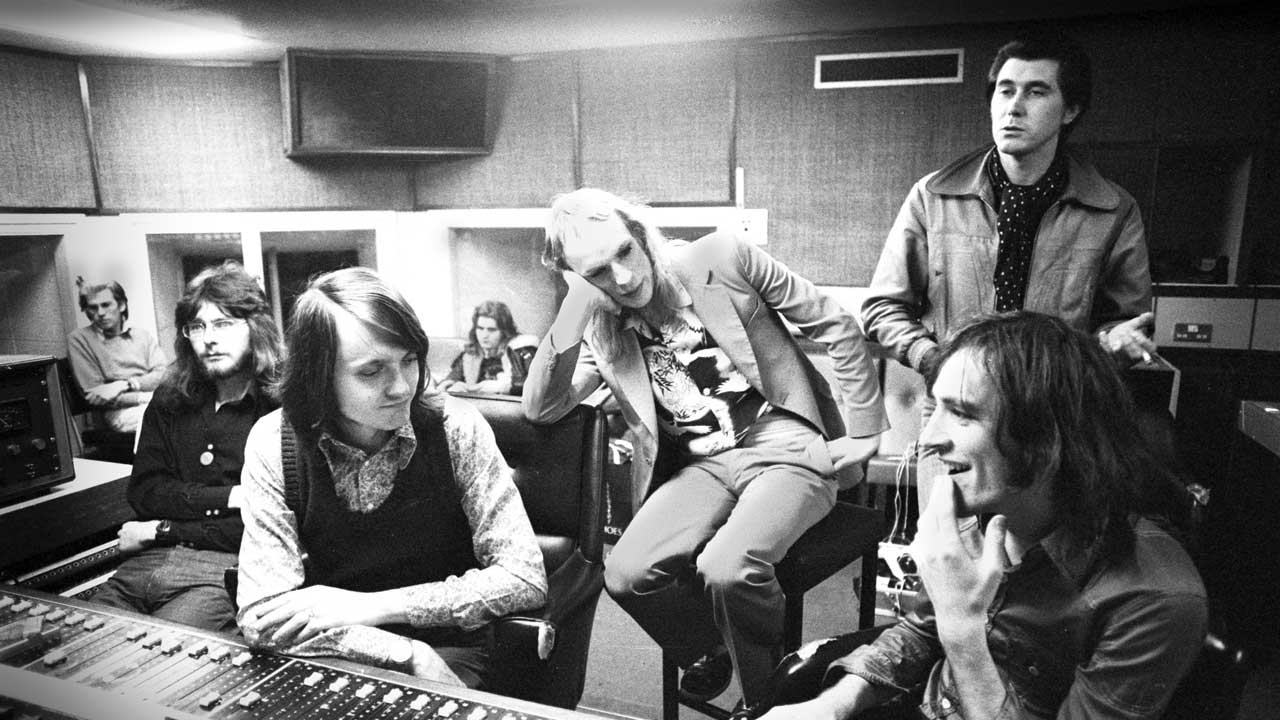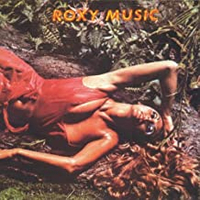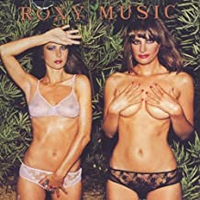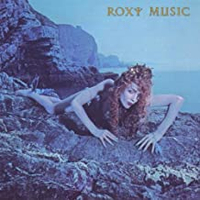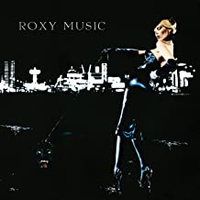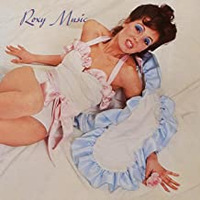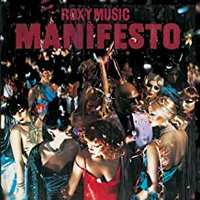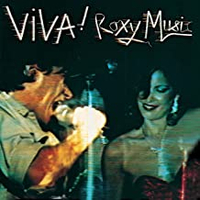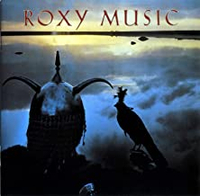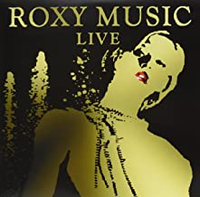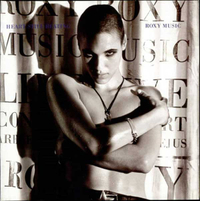Emerging fully-formed in 1972 with their stunningly original, eponymously titled debut album, most people’s first glimpse of Roxy Music was of them performing Virginia Plain on Top Of The Pops.
The song was irresistibly catchy, the image a retina-burning combination of futuristic glam and retro-chic. Roxy Music were post-modern long before that expression had been coined. Musically alluring enough to appeal to glam, prog and pop fans simultaneously, they were futuristic and sharp, but also referenced the past to ensure that their sleek rock sound was executed with a knowing wink and a strangely pleasing veneer of artificiality.
Ferry’s mocking baritone and deft pop/trash culture lyrics simply flew when allied to the muscularity of Phil Manzanera’s guitar and Andy Mackay’s treated sax, but the group were grounded superbly by Paul Thompson’s spirited drumming.
That Roxy Music suddenly lost their edge after keyboards player/electronics boffin Brian Eno (aka Brian Peter George St. Baptiste de la Salle Eno) left the band after second album For Your Pleasure (’73) is one of the more persistent popular misconceptions in rock music.
Like the romantic exaggeration of Brian Jones’s role in The Rolling Stones (by people who thought he had nice hair), it’s an absurd distortion of reality. And while Eno certainly deserves his reputation as a composer, producer and innovator, that status comes almost wholly from his achievements after Roxy Music than from his non-writing ‘synthesiser and tapes’ role on the group’s first brace of albums.
After Eno left to go solo, he was replaced by multi-instrumentalist and ex-Curved Air violinist Eddie Jobson, who proved to be an even better foil for Ferry and co’s increasingly focused yet still outlandish flights of fancy. Eno had played an important part in the general feel of all that was Roxy Music, but Jobson tended to work more within the heart of the music as an instrumentalist and writer, rather than adding a layer of complementary atmospherics/squeaky synth noises.
It’s Roxy’s mid-70s albums – the era of Jobson and superlative bassist John Gustafson (both of whom were, apparently, ‘hired hands’ rather than fully fledged band members) – that remain the peak of their musical achievement.
The group finally split in ’83 (after which only Ferry went on to have significant solo success), and returned for a surprisingly excellent world tour in 2001. They were back again for some festival headline dates in 2010, were inducted into the Rock and Roll Hall of Fame in 2019, and played a series of 50th anniversary shows in 2022.

...and one to avoid
You can trust Louder Our experienced team has worked for some of the biggest brands in music. From testing headphones to reviewing albums, our experts aim to create reviews you can trust. Find out more about how we review.
